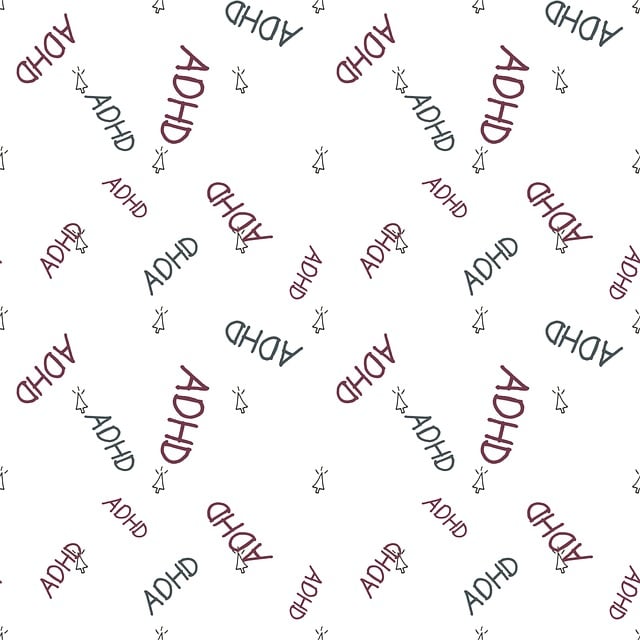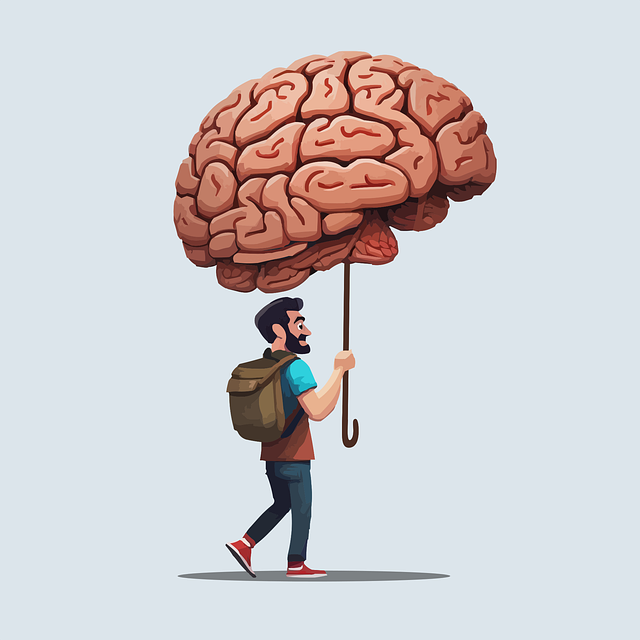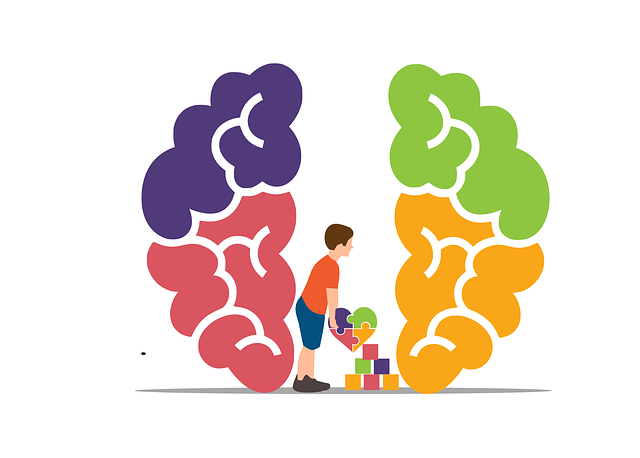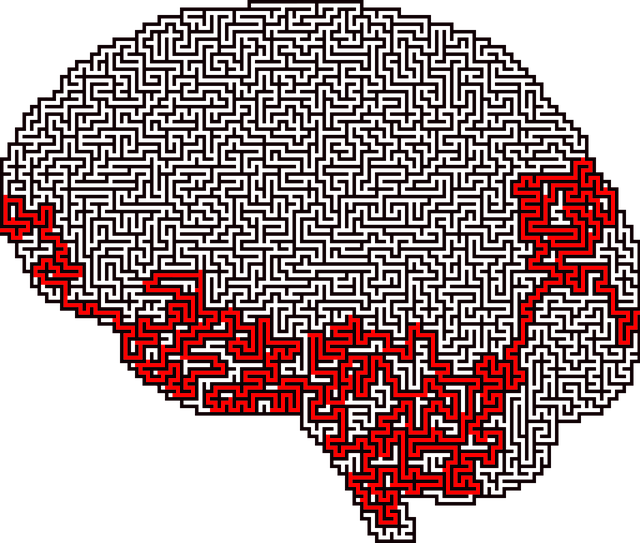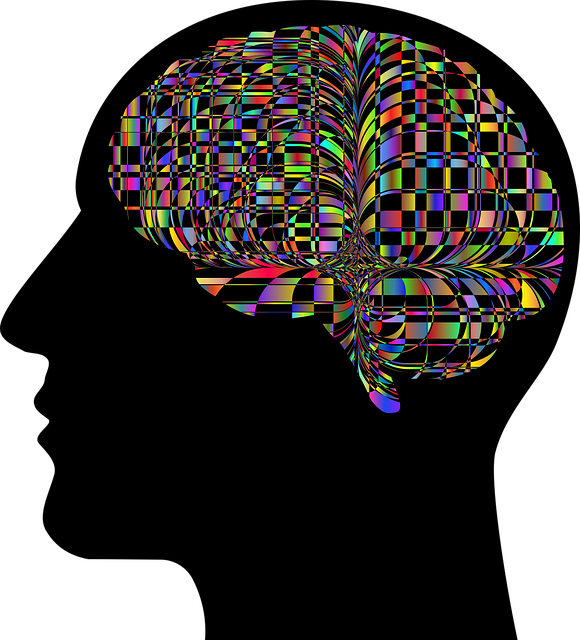Evaluating mental wellness programs for Therapy for Young Adults Bipolar Disorder requires a multi-faceted approach. Combining structured tools like validated assessment scales, client feedback through self-report measures, and therapeutic interviews, practitioners can track outcomes effectively. Key indicators include symptom reduction, improved quality of life, and enhanced coping skills. Comparative analyses against established treatments like CBT or IPSRT provide data-driven insights for advocacy and policy shaping. Longitudinal studies further ensure the long-term efficacy of these programs, tracking progress over years to confirm sustained improvements in mood regulation and reduced relapse rates.
Mental wellness program evaluations are crucial for understanding the effectiveness of interventions aimed at improving mental health outcomes, particularly in young adults with bipolar disorder. This article explores a range of evaluation methods, from assessing program effectiveness using standardized tools and metrics to tracking clinical outcomes like symptom reduction and quality of life improvements. We delve into client feedback through self-report measures and interviews, comparative analysis against established protocols, and the power of longitudinal studies to gauge the sustained impact of therapy for young adults with bipolar disorder.
- Assessing Program Effectiveness: Tools and Metrics for Mental Health Interventions
- Client Feedback: Utilizing Self-Report Measures and Interviews for Evaluation
- Clinical Outcomes: Tracking Symptom Reduction and Quality of Life Improvements
- Comparative Analysis: Measuring Success Against Established Treatment Protocols
- Longitudinal Studies: Evaluating Sustained Impact on Young Adult Bipolar Disorder Management
Assessing Program Effectiveness: Tools and Metrics for Mental Health Interventions

Evaluating the effectiveness of mental wellness programs is essential to ensure their success and impact on individuals’ lives, especially for targeted populations like young adults with bipolar disorder. Assessing program outcomes requires a combination of structured tools and metrics tailored to the specific intervention’s goals. One effective method involves using validated assessment scales designed to measure symptoms, functioning, and quality of life before and after therapy. These tools can capture changes in manic or depressive episodes, anxiety, and overall psychological well-being, providing valuable insights into the program’s efficacy.
For example, interventions focused on self-care practices and positive thinking may utilize questionnaires that assess emotional intelligence, coping strategies, and mood regulation skills. By comparing pre- and post-program data, researchers and practitioners can gauge improvements in these areas. This evidence-based approach not only helps refine the program but also offers a comprehensive understanding of the benefits young adults with bipolar disorder derive from specific therapy types, fostering better-informed decisions for personalized treatment plans.
Client Feedback: Utilizing Self-Report Measures and Interviews for Evaluation

Client feedback plays a pivotal role in evaluating the effectiveness of mental wellness programs, particularly for young adults dealing with bipolar disorder. One powerful tool is self-report measures, where individuals assess their emotional well-being and mental health symptoms. These measures can include standardized questionnaires designed to gauge anxiety, depression, and mood stability, providing valuable insights into the client’s perception of their progress. For instance, tools like the Beck Depression Inventory or the Mood Disorders Questionnaire offer structured frameworks for self-reflection, enabling therapists to track changes over time.
Complementing self-report measures, therapeutic interviews offer a deeper understanding by facilitating open dialogue. Skilled therapists can explore clients’ experiences, challenges, and achievements related to therapy goals, such as emotional intelligence development, self-esteem improvement, and establishing a healthy self-care routine for better mental health. This qualitative approach allows for nuanced interpretations and ensures that the program aligns with each client’s unique needs, fostering more personalized and effective treatment for bipolar disorder.
Clinical Outcomes: Tracking Symptom Reduction and Quality of Life Improvements

Evaluating mental wellness programs is crucial for understanding their effectiveness, especially when targeting specific conditions like bipolar disorder among young adults. Clinical outcomes are a primary indicator of success and often involve tracking symptom reduction and quality of life improvements. Through structured assessments, professionals can measure changes in mood stability, energy levels, and anxiety relief, which are vital aspects for individuals managing bipolar disorder.
For instance, programs incorporating therapy techniques such as cognitive-behavioral therapy (CBT) or mindfulness practices may offer valuable conflict resolution techniques. Additionally, mental wellness journaling exercises have proven to enhance self-awareness and support continued recovery. By combining these approaches, evaluation can capture holistic improvements, ensuring that the program not only reduces symptoms but also empowers young adults with tools for long-term mental wellness management.
Comparative Analysis: Measuring Success Against Established Treatment Protocols

A Comparative Analysis is a powerful method to evaluate mental wellness programs, particularly when focusing on conditions like Bipolar Disorder in young adults. This approach allows for an in-depth understanding by measuring program outcomes against established treatment protocols and best practices. Researchers can compare the effectiveness of different therapeutic interventions, such as cognitive-behavioral therapy (CBT) or interpersonal and social rhythm therapy (IPSRT), which have shown promise in treating Bipolar Disorder. By analyzing various metrics including symptom severity reduction, medication adherence, and quality of life improvements, programs can be objectively assessed.
This strategy is especially relevant in the context of Emotional Healing Processes, as it enables professionals to identify what works best for specific populations. Moreover, a Comparative Analysis contributes to Mental Health Policy Analysis and Advocacy by providing data-driven insights that can shape evidence-based practices. Even with effective Crisis Intervention Guidance, long-term success often relies on consistent application of proven treatments, making this evaluation method crucial for optimizing mental wellness programs.
Longitudinal Studies: Evaluating Sustained Impact on Young Adult Bipolar Disorder Management

Longitudinal studies play a pivotal role in understanding the long-term effectiveness of mental wellness programs, particularly for conditions like bipolar disorder among young adults. These extensive research methods track individuals’ progress over an extended period, offering valuable insights into how treatment interventions hold up beyond initial improvements. By evaluating patients’ experiences and outcomes years after therapy, researchers can assess whether coping skills developed during treatment persist and contribute to improved mood regulation, reduced relapse rates, and better overall functioning.
Such studies often involve regular follow-ups, allowing researchers to analyze changes in symptoms, medication use, and the integration of acquired coping strategies into daily life. This approach is crucial for identifying effective therapy models for young adults with bipolar disorder, ensuring that treatment doesn’t merely offer temporary relief but empowers individuals to manage their condition effectively. Moreover, longitudinal research can shed light on the impact of healthcare provider cultural competency training, as it considers how diverse therapeutic approaches influence patient outcomes over time, potentially enhancing depression prevention strategies tailored to this demographic.
Evaluating mental wellness programs is multifaceted, encompassing various methods from assessing program effectiveness using specific tools and metrics, to gathering client feedback through self-report measures and interviews. Clinical outcomes, such as symptom reduction and quality of life improvements, are crucial indicators of success. Comparative analyses against established treatment protocols offer benchmarks, while longitudinal studies provide insights into the sustained impact, particularly in managing conditions like young adult bipolar disorder. These integrated evaluation methods are essential for optimizing therapy for young adults with bipolar disorder and ensuring programs deliver measurable, long-lasting benefits.
